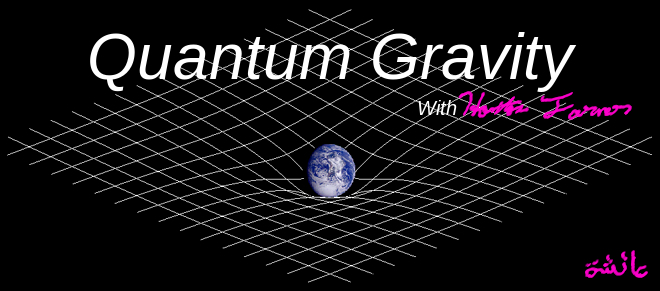Science 2.0 is Openness and transparency. Those buzz words mean open* access to both reading and publishing and sharing ones opinion on what is published. Transparency means a process where any editorial decisions that are made are based on known written criteria which are the minimum to keep a science 2.0 website/journal free of spam and pornography. The only question is how open and how transparent? In my opinion the answer is that science 2.0 has to be open to everyone who is interested in practicing science. There should be no initial litmus test based on educational attainment, employment status, reputation, or any other such traditional criteria.
Before I go on examples of websites that look like science 2.0 but are not quite there yet.
The xxx.lanl.gov/arxiv.org pre-print archive. This website started out as a science 2.0 like place where basically anyone with at least a .edu email address could publish pre-prints of work that was to be published. It is no longer as open as that. Now it requires a very wizard of Oz like "endorsement system". In this system only certain folks, called endorsers, are considered competent to decide who's competent. Further if the men behind the curtain disagree then those folks can be stripped of endorsement ability. It is very much not a transparent system at all. For those reasons arxiv would be science 1.4 maybe 1.5.
Another would be living reviews of Relativity. http://relativity.livingreviews.org/ it too is beyond science 1.0. It is an online only journal in which invited scientist are given the ability to publish review articles of certain area's of physics. They are then allowed to maintain and update those articles as the field develops. The articles are free to read. However the articles are only those solicited by the editors from acknowledged experts in their fields and in many ways it's a traditional journal. For those reason's it's science 1.2.
Seeing what I consider to not meet the standards of science 2.0 one may wonder just what would?
This very website is a good working example of science 2.0. It is open to anyone who has access to a computer and can type. It's publication policies are transparent. Their is no review by special people involved in deciding what get's published. The quality control comes after publication. Anyone can comment on anything they can vote them up or down, choose to link others to them or not. In a sense science 2.0 taps into a sort of Darwinian principle "survival of the best paper". Yes such a process produces much more material to look at but it also makes sure that the best papers weather they come from professors with well known names or people with no formal training find an audience.
In science 1.X the quality of a paper is linked somehow to the reputation, education, or employment (all of which link to other socioeconomic factors) of the person publishing it. Perhaps eventually the impact of a bad paper would show it to be worthless, but not always.
In science 2.X the quality of a paper will be judged solely by the quality of the paper. The value of the material is determined by how many reads it gets, the comments it generates, and how often it is cited. Even a paper that is cited many times to refute it is worth more than a paper that is never cited or linked at all. Most importantly none of this has anything to do with the status of the person who writes the paper. Papers that are never cited, or which have many negative comments will perish, those that are cited more and have more positive comments survive on their merits alone.
Scientific blogging is only one of a few first websites that are science 2.0. It has solved the problem of how to make money and have free open access. Just like the news paper business Journals will move to first online formats. Once a journal is online it is only a matter of a bit of coding to add commenting ability, and voting on each paper. The last step would be for them to open their publication and commenting to the general public and abandon peer review. This will be a slow evolution. As a new generation that has grown up with blogs, and twitter and social networking graduates and/or takes an interest in science this will happen. It is as inevitable as the opening up of publication due to the printing press.
Science 2.0 - Darwinian Selection Of The Best Paper
Related articles
- Online Journal, The Winnower, will Issue DOI's to Reddit r/science AMA's.
- Reasons Serious Scientists Should Not Fear The Winnower and other OA Open Review Journals.
- The Distribution of Dark Mater in Relation to Direct Detection.
- Beall's list and what we need to replace it.
- Scalar Gravity Theories and Frame Dragging





Comments